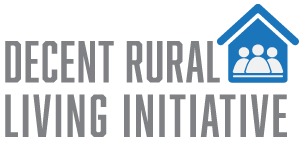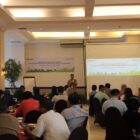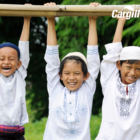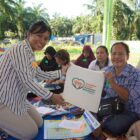Based on the virtual meeting on 18 November 2022, facilitated by the secretariat, partners agreed to affirm their commitment to implementing the Child Protection Policy (CPP) to safeguard the rights and well-being of children of workers living on plantations with their families. To ensure the policy implementation is executed accordingly, partners share their knowledge and ideas, in keeping with the spirit of the DRLI, which is to share and learn from one another.
On February 7, 2023, the Secretariat of DRLI conducted a knowledge-sharing session. Wilmar, one of the partners, was given the opportunity to share their experience in establishing and implementing its CPP policy in their global operations. while sharing best practices, and lessons learned, including challenges encountered during the implementation.
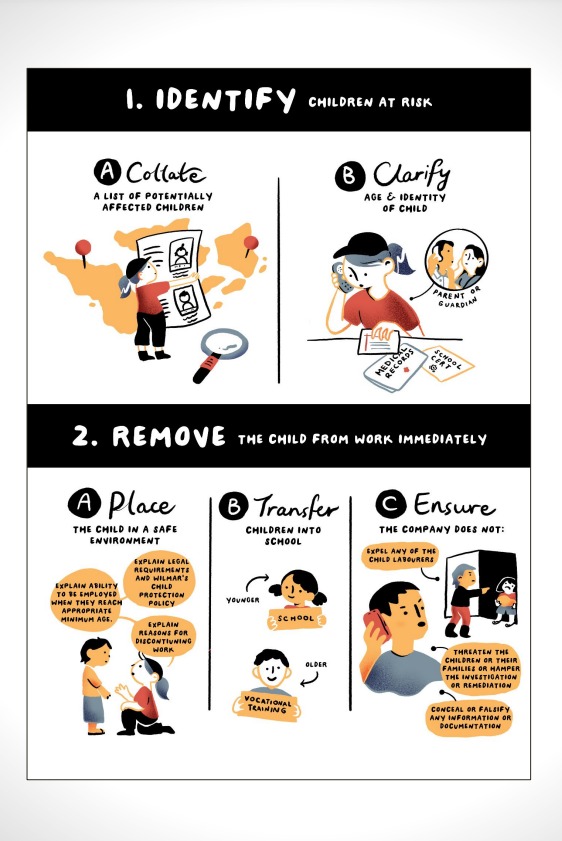
Wilmar’s efforts to protect children’s rights began in 2008 with the introduction of its “No Child Labor Policy” to prevent the recruitment of child labor. Wilmar improved and built infrastructure in terms of class, school, and children’s safety and health, such as by providing childcare and keeping children away from potentially hazardous areas on the plantation.
Wilmar, through its Women’s Committee, conducted internal assessments of the needs of children living on their plantations in Indonesia and Malaysia. Protecting the family’s well-being, including the protection of children’s rights, was identified as one of the five key issues to be addressed.

In 2018, Wilmar collaborated with Earthworm Foundation as well as ADM, Avon, and Nestle to focus on children in plantations in Sabah, Malaysia. The consultation process identified child documentation and education access as issues relating to the composition of migrant labor in the state. The deliverable was the Guidebook of Services for Vulnerable Children in Sabah, Malaysia.
Wilmar also provided insights into the development of their Child Protection Policy Implementation Manual for Indonesia and Malaysia, 2019 in collaboration with Business for Social Responsibility (BSR) with support from Colgate Palmolive, Nestle, P&G, PepsiCo, and Nestle, among others.
Wilmar also piloted the manual, in partnership with Sime Darby, and monitored its progress through its partner, BSR. The pilot project focuses on eight critical areas, including Child Labor, Sexual Exploitation, Access to Education, Birth Registration, Violence Against Children, Welfare of Children Living with Working Parents, Road Safety, and Household Safety in Plantation Communities.
Initial observations from the pilot identified the following good practices:
- Company-level policies on child protection, including the prevention of child labor recruitment;
- Governance and management systems/tools, such as gender committees;
- Worker welfare infrastructure, including housing, access to childcare, education, and healthcare;
- Ongoing efforts to keep children safe/away from dangerous areas of the plantation.
Simultaneously, they identified areas for improvement, including:
- Strengthening child risk assessment criteria;
- Strengthening child protection governance at the site-level by strengthening management and relevant personnel on-site, strengthening existing grievance mechanisms, and developing employee guidance and action plans.
Wilmar emphasized that there is no “one-size-fits-all” approach, so it is crucial to conduct a thorough assessment to determine, for instance, how to adapt the policy implementation process based on the unique circumstances of each supplier. It was also mentioned during the session that members need an effective strategy to convince their partners to implement the CPP. Lastly, members should be aware that there are “must haves” and “nice to haves” when it comes to implementing the policy. Things such as “no child labor” are non-negotiable in our supply chain. It is essential to ensure that the work environment is suitable for families and children residing in our operational areas.
Wilmar also conducted capacity-building workshops for suppliers to learn, discuss, and implement pragmatic measures to strengthen the rights and protection of children.
The Decent Rural Living Initiative (DRLI) is a pre-competitive collaboration by five leading palm oil producers – Cargill, Golden Agri-Resources, Musim Mas, Sime Darby Plantation, and Wilmar. These Anchor Partners are working together, and with relevant experts and stakeholders, to develop long-term practical solutions that benefit rural workers in the palm oil industry, with an initial focus on Indonesia.
1 Each child has a right to be raised in a nurturing, loving family, with basic needs like food, primary health care, and formal education. In addition, each child has the right to be protected from abuse, neglect, and maltreatment
